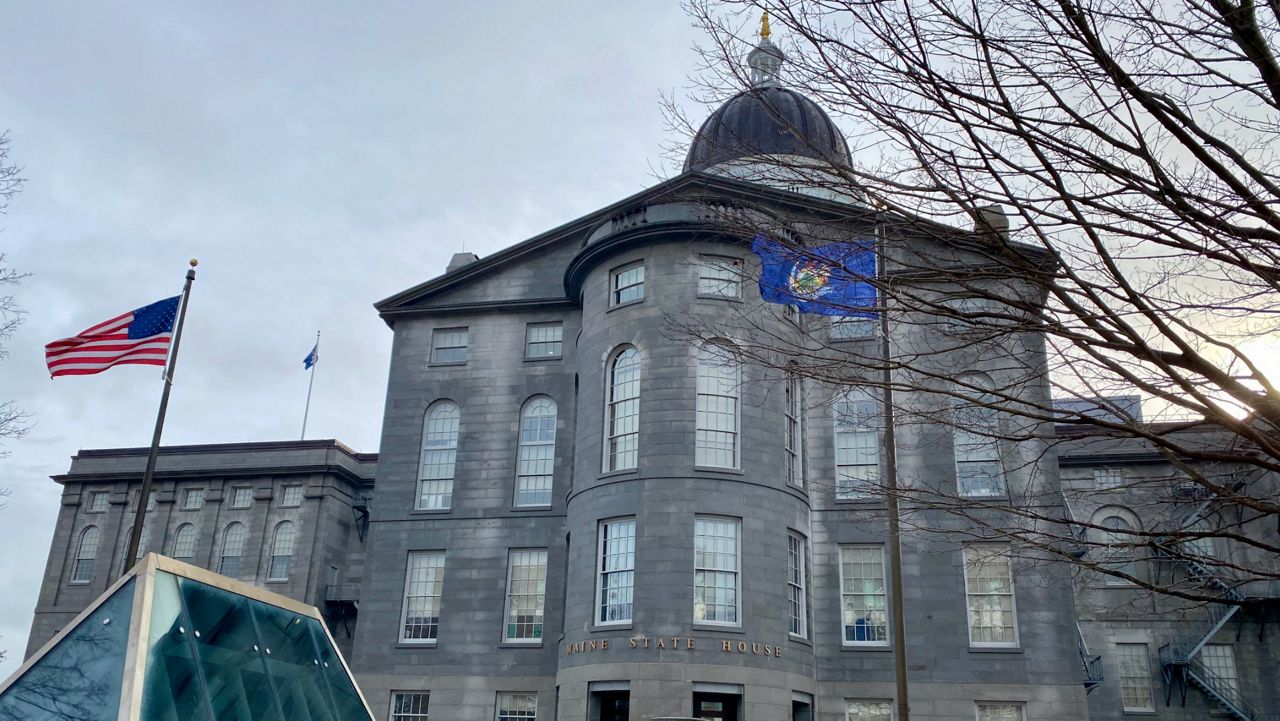The Maine House of Representatives advanced a bill Wednesday to fund more teacher training on climate change, which would be a first step on the education piece of the state’s climate plan.
The proposal would put $3 million in surplus funds into a pilot grant program for school districts and community groups to create climate-related professional development for educators.
The vote was 82 to 54 in favor of the bill, which requires the proposed grants to prioritize schools and student populations that are historically underserved by climate education.
York Rep. Lydia Blume, a Democrat who also sits on the state climate council, spoke in favor of the bill on the House floor. She noted that it is not a mandate and does not add new curriculum requirements, but instead helps voluntarily meet a documented need teachers have expressed.
“I’m asking you to help accelerate climate change education in our public schools because our students and teachers are asking for it, and because the pace of climate change is also accelerating,” Blume said.
Two Republican lawmakers who opposed the bill argued the three-year pilot program is unnecessary – not because they deny climate science, they said, but because information about climate change is plentiful online.
Teachers and students who have supported the bill in recent weeks argue there is a difference between information and education. They say instructors may have access to data but still need training to interpret it or help their students apply it to real life in ways that are empowering.
Ruth Kermish-Allen, who leads the Maine Mathematics and Science Alliance, said in a recent interview that the professional development this bill would fund will offer support for teachers to be more creative and Maine-focused in how they teach existing climate science requirements.
“So, OK, climate change is talked about in the (Next Generation Science Standards). What does that mean?” Kermish-Allen said. “What kinds of activities can I do with my kids? What does that look like at different grade levels? Are there existing resources that I could just customize or tweak a little bit to make it culturally relevant for the kids in my class?”
The bill goes next to the state Senate and then, if it passes, to the legislature’s appropriations committee.
House lawmakers also approved an amendment Wednesday, on a vote of 76 to 59, to allow the state Department of Education to fund the proposed program with money from certain other public and private sources if state surplus funding is ultimately not made available.



